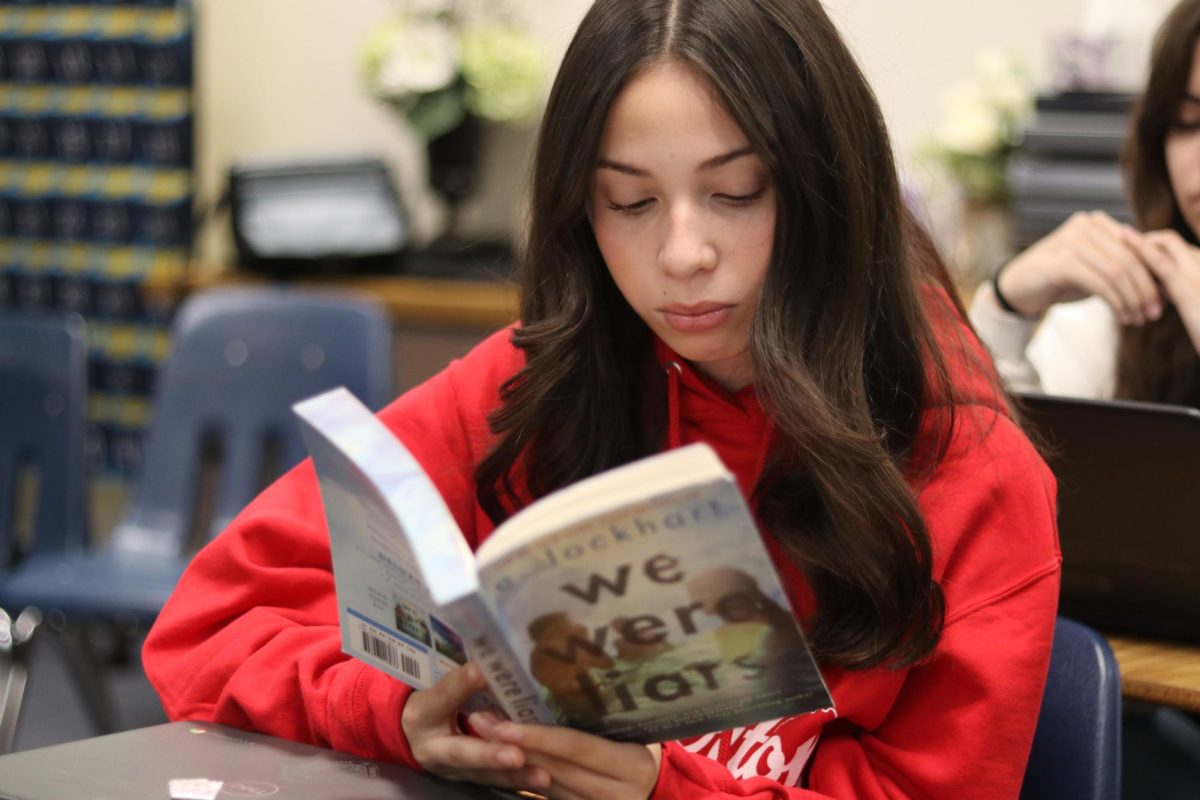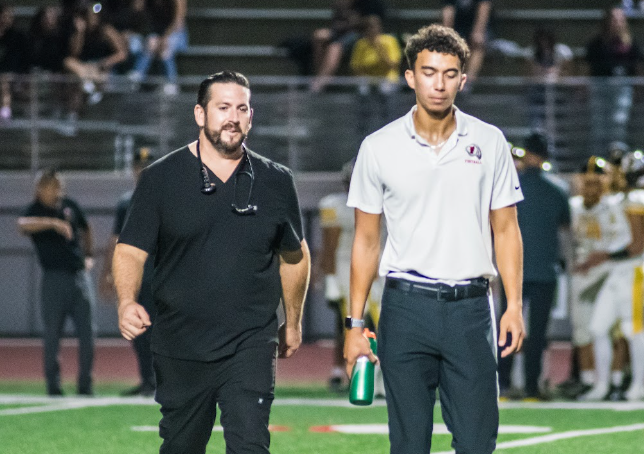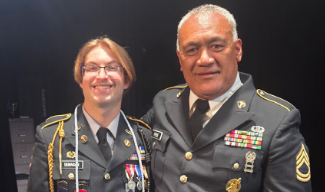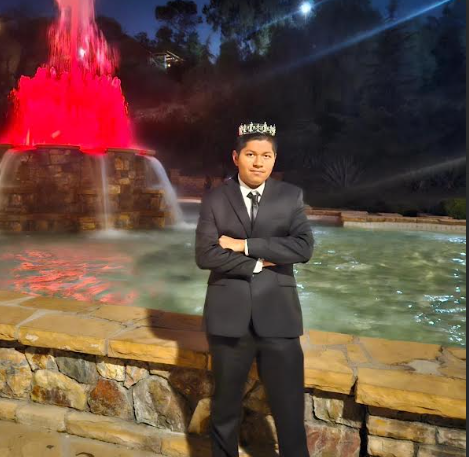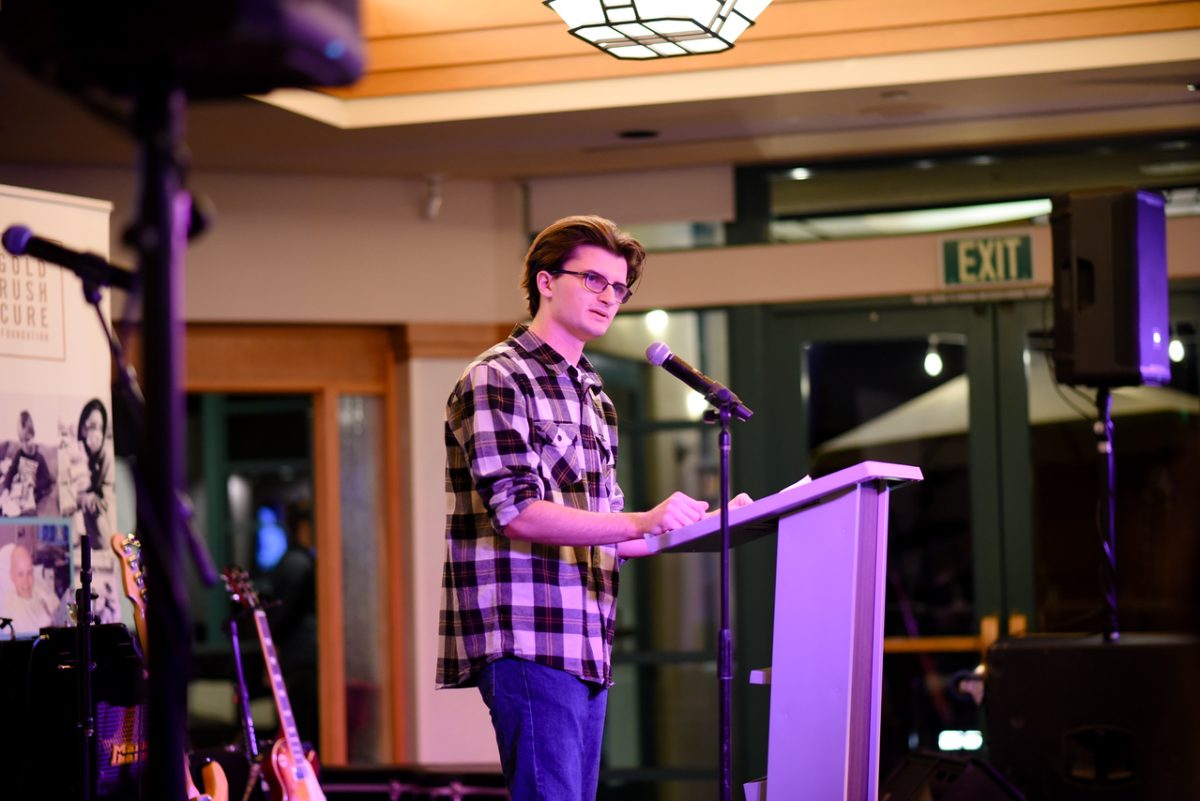Senior Emma Kojonroj likes to cook dinner with her friends.
Every month or so, she meets up with them to cook in a sort of “dinner club”. During one of these gatherings, friend and fellow senior Paloma Hernandaz recalls Kojonroj helping them make wonton soup.
“I feel like she puts a lot of love when she’s making wonton soup,” Hernandez said. “It was like a learning experience for me and my friends. It really brought us together.”
This is one example of Kojonroj strengthening her relationships with food, experiences that inspired her to pursue hospitality at University of Nevada Las Vegas, especially in the restaurant industry.
“I think it’s super cool how you can form connections with people through food and just getting to make these special moments for people is really like,” Kojonroj said. “Whenever I go and hang out with friends or have gatherings with family or things like that, I feel like a lot of the time it is centered around food.”
Food can go beyond just connecting individuals together. It can also connect people to their heritage.

As a child, Kojonroj cooked a lot with her grandmothers– one Chinese, the other Thai. It was with them that she not only learned how to make wonton soup, but also all sorts of dishes from their respective cultures. According to culinary teacher Mario Schwarz-Cole, she went so far as to incorporate her cultural foods into the California ProStart Management Cup menu, a culinary arts and restaurant entrepreneurship competition.
“During the competition, she input foods that she’s passionate about with her ethnicity, her background, her ancestry and everything else,” Schwarz-Cole said.
The menu helped earn Fullerton third place at the competition. But Kojonroj went beyond just incorporating good foods into the menu at the competition.
“We hit some moments where some of the team members were quitting or not working hard enough,” Schwarz-Cole said. “Instead of doing the same thing, she actually worked harder to work for everybody else.”
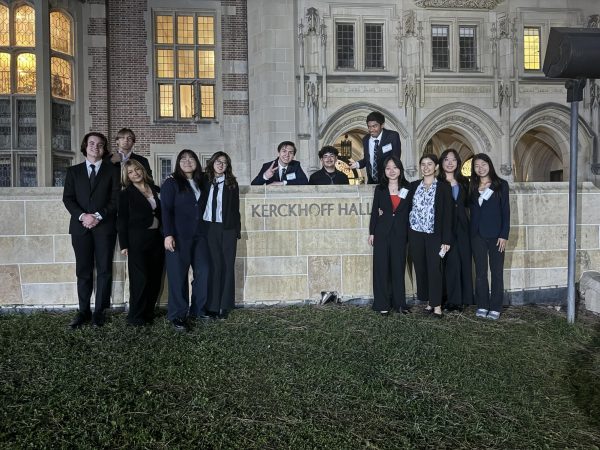
This isn’t the first time she worked hard to better a team. She’s also the president of Model United Nations (MUN) where senior Yae Han says she does a good job of supporting everyone.
“She knows how to help the team,” Han said. “She always has really good advice on how to help them. Like I know for our last conference, every single person who competed from our school won an award.”
According to Kojonroj, she didn’t know a lot about MUN when she joined sophomore year, but was interested that it had to do with world issues.
“Not only did I want to learn more about the world, but I wanted to make a difference, improve my public speaking skills, and just be able to be well-informed,” Kojonroj said.
Her interest in learning about the world and making a difference shines through in her MUN performance.
“She’s very well-spoken and I believe she can get really passionate about each topic,” Han said. “That’s something I really respect about her, is that no matter what topic she receives for her conference, she’s always able to get a stance behind it and become very passionate and argue very articulately on the topic.”
Overall, Kojonroj is a helper.
“She’s always helping,” Hernandez said. “In IB visual art, there was a student who was struggling with math, and she sat down with her and helped her.”
This isn’t surprising. Kojonroj always does her best to be part of something bigger than herself and help elevate everyone else on her team, forming connections with people all the while. That’s why she’s interested in both hospitality and diplomacy.
“Building connections, I would say, is one of the biggest parts of both of those realms,” Kojonroj said. “Basically, you’re talking to a lot of people. You’re trying to work with them and collaborate in order to create something bigger and better.”

